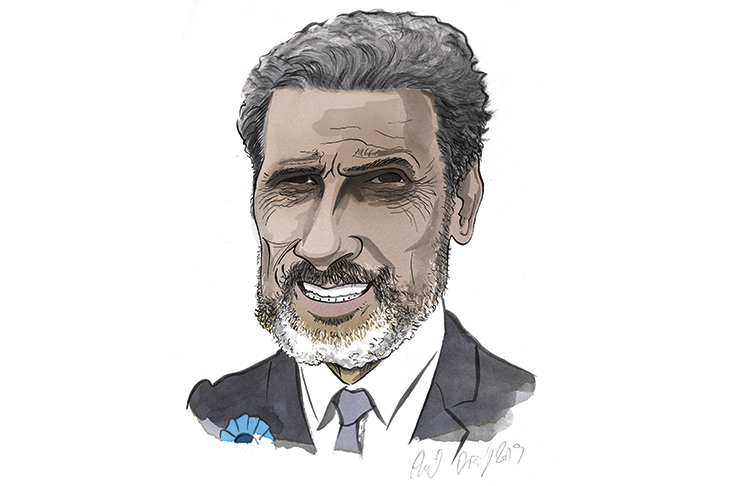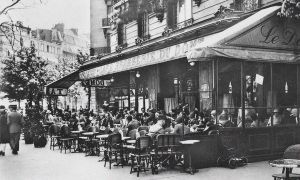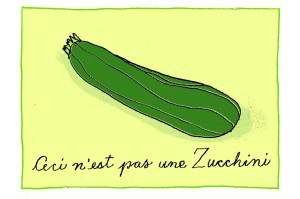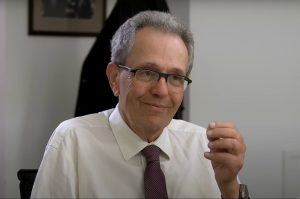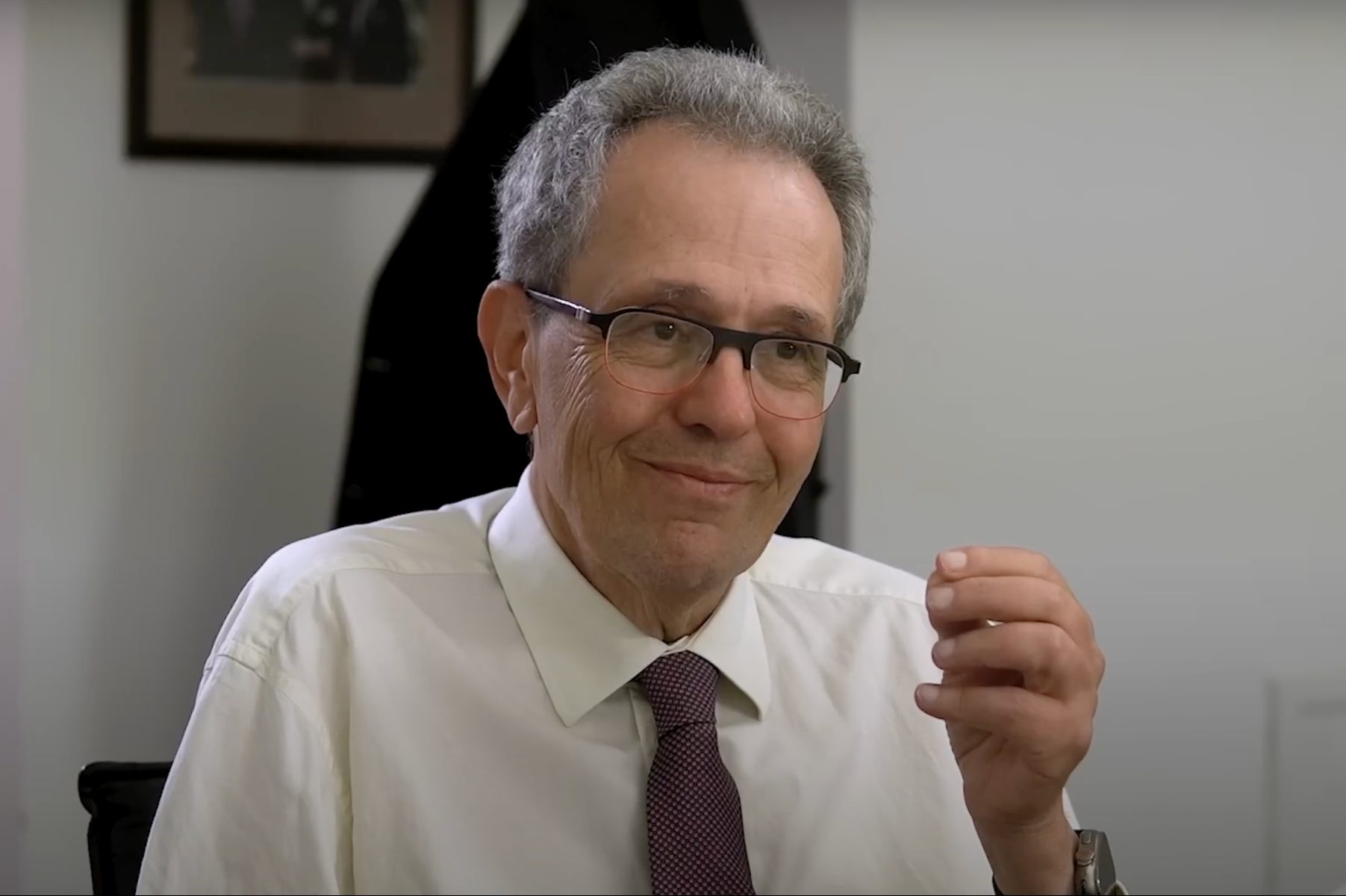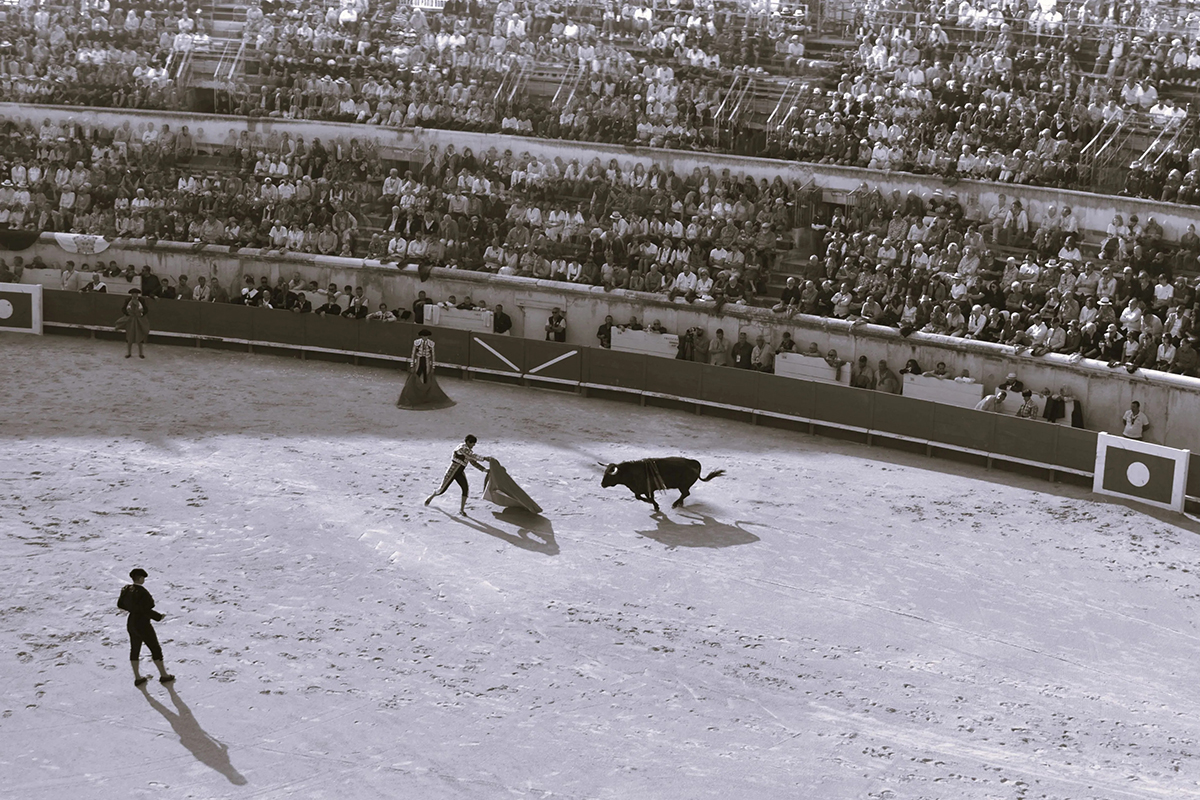The French writer Michel Houellebecq has a disconcerting habit of correctly predicting unsettling events. In 2001 in Plateforme he predicted a terrorist attack on tourists that duly occurred in Bali a year later. Sérotonine, written last year, foretold the gilet jaunes. In Soumission (2015), he famously predicted that France would elect a Muslim president by 2022.
This remains improbable, with the three-year timescale. Yet the odds have improved slightly thanks to the businessman Mohed Altrad, a Syrian exile turned building tycoon who employs 30,000 people worldwide and is due to run for mayor of Montpellier next year, in a country where the mairie is a well-trodden stepping stone to higher office.
Altrad has pointedly refused to respond to repeated requests that he clarify his political ambitions. Before he could run for the Elysée, he will have to unseat Montpellier’s socialist incumbent. Nevertheless, in a country where the improbable is disconcertingly routine, his candidacy opens an intriguing avenue of speculation.
Altrad is by any measure exceptional. The only Arab self-made billionaire in France, his mysterious life story is found in his intensely novelized autobiography, Badawi (1994). The product of a rape, he was born in 1948 to a Bedouin mother, from Raqqa, more recently the redoubt of Isis. He was delivered in a tent and his mother supposedly cut the umbilical cord with her teeth.
He came to Paris in 1975 on a government scholarship with the equivalent of €200 in his pocket, and graduated from Paris Dauphine University. A glittering career followed. He worked for Alcatel, then Thomson, then for the Abu Dhabi National Oil Company, before in 1984 buying a bankrupt scaffolding company with a British partner. He subsequently bought out his partner, and turned the company around and into a huge success. His current estimated net worth is €3 billion.
When I interviewed him four years ago, he said he identifies as a writer, then a businessman. In addition to his autobiography he has published three well–regarded novels. At the time, he disclaimed any political ambitions, though I sensed he was a little bored.
His politics are intriguing. He is disdainful of France’s statist culture, insisting that ‘only business can create wealth’. He decries the heavy disincentives to investment. And he thinks big. The owner of Montpellier’s Top 14 rugby club, in a city where rugby is a religion, he has proposed building a gigantic sports complex.
What sort of candidate could he be? French voters are weary of government failure, show little loyalty to traditional parties, and are still struggling to make ends meet. Altrad, with his strong critique of French economic and social stagnation, must convince cynical voters that he has a recipe to lift France out of its 30-year grand malaise.
Montpellier presents an intriguing laboratory to test his appeal. For decades, the city has been ruled by an ossified socialist municipal machine. Altrad has already taken a leaf from Macron’s playbook, and is running in the central lane as a technocratic ‘non’ politician. He’s assembling a list from both the left and right, but excludes the extremes.
His potential political leverage is intriguing and unique. Altrad is — or could be presented as — a curious hybrid of Barack Obama (whom he knows) and Margaret Thatcher (whom he admires). His heritage is Muslim but he’s hardly devout. His wife and children are utterly French. He would present a radical new face for French presidential politics.
Macron is almost certain to be re-elected in 2022, thanks to France’s curious electoral arithmetic. Simply winning the mayoralty next year will be challenging enough for Altrad. Then he’ll have to make Montpellier work, clean up the rougher neighborhoods and set the local economy humming.
So if he has a shot, it will be in 2027 and he’ll be 79 by then. But there are 7-10 million politically homeless brown and black people in France, most of them Muslim, alienated from a republic that doesn’t look like them. Altrad can speak to them.
While it is an understatement to say there is much animus against Muslims in France, there are also plenty of votes in not pandering to that prejudice. Macron was easily elected over Marine Le Pen. By 2027, Altrad could also harvest votes from disappointed marcheurs after Macron’s second term, since there’s no evident succession plan, and his next mandate is likely to be as lackluster and unavailing as his first. Altrad might also pick up votes from traditional economic conservatives looking for an anti-tax, anti-statist candidate.
All this would be quite a story, and the chances are quite remote. Houellebecq’s powers of prophecy can’t be that good. But new political geometries are possible in France, and the ascent of Altrad to the mayoralty of France’s seventh largest (and fast growing) city might itself be indicative of a new France.
This article was originally published in The Spectator’s UK magazine. Subscribe to the US edition here.



